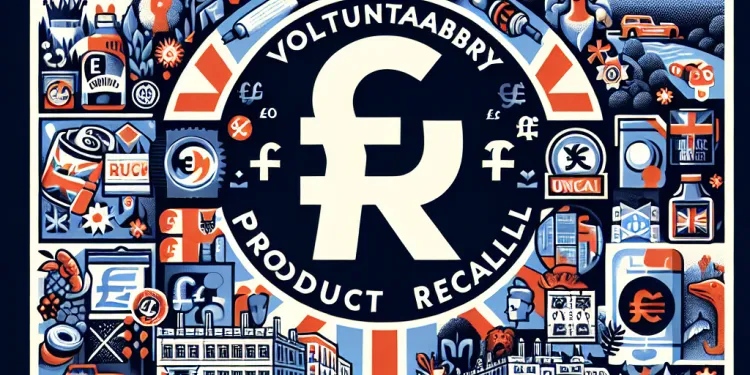
Find Help
More Items From Ergsy search
-
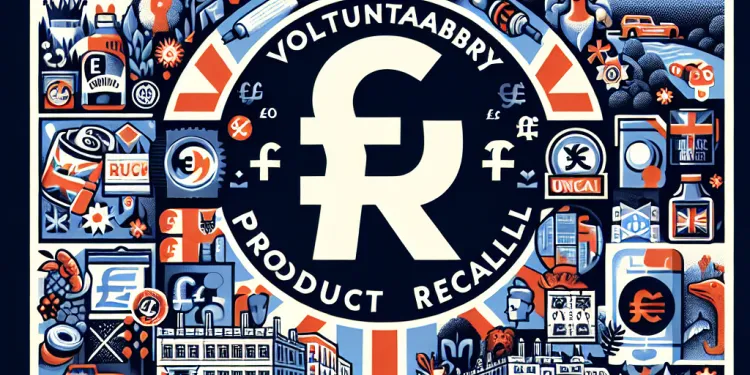
Can a product recall be voluntary?
Relevance: 100%
-
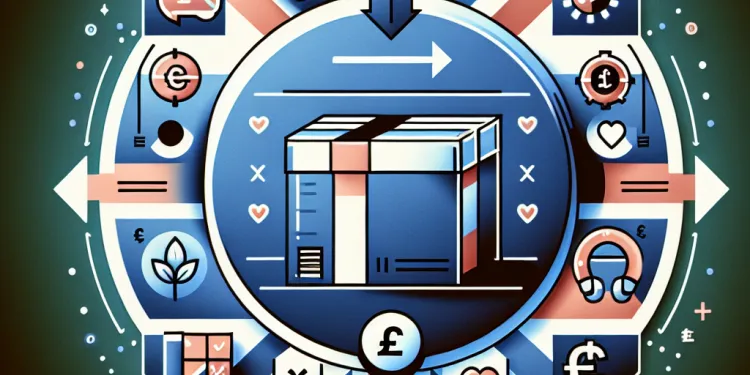
What is a Product Recall in the UK?
Relevance: 68%
-
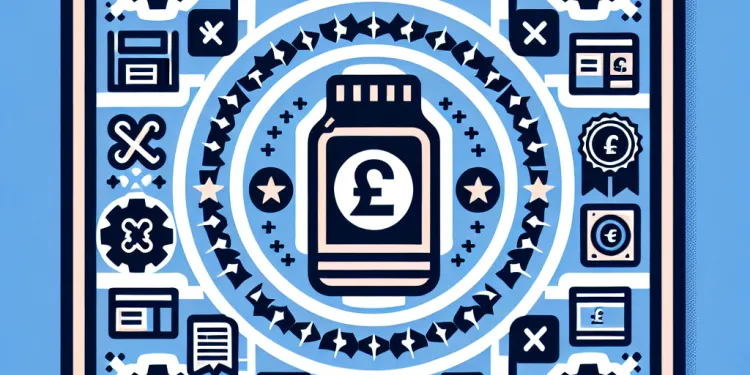
Can product recalls be reversed?
Relevance: 65%
-
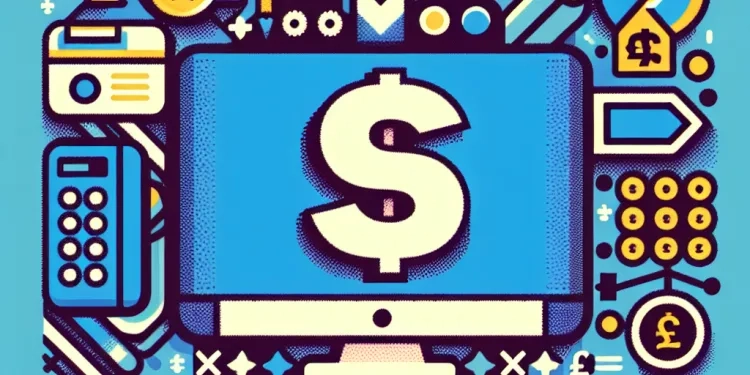
What are common reasons for product recalls?
Relevance: 62%
-
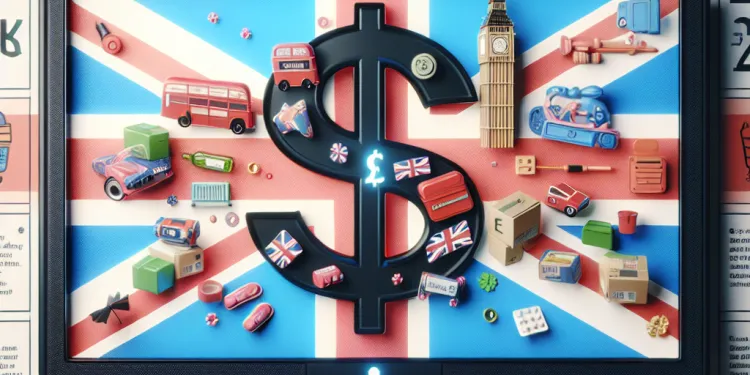
Can recalled products be resold?
Relevance: 61%
-
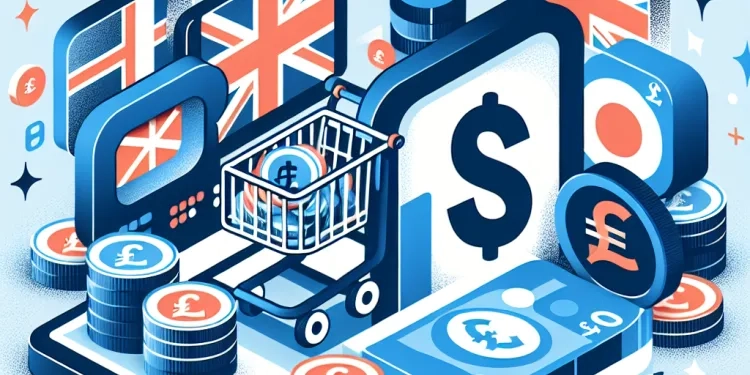
How are product recalls managed in the UK?
Relevance: 61%
-
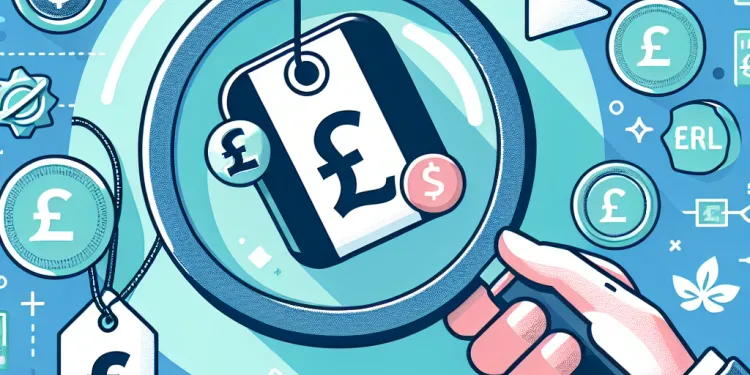
Who can initiate a product recall in the UK?
Relevance: 60%
-
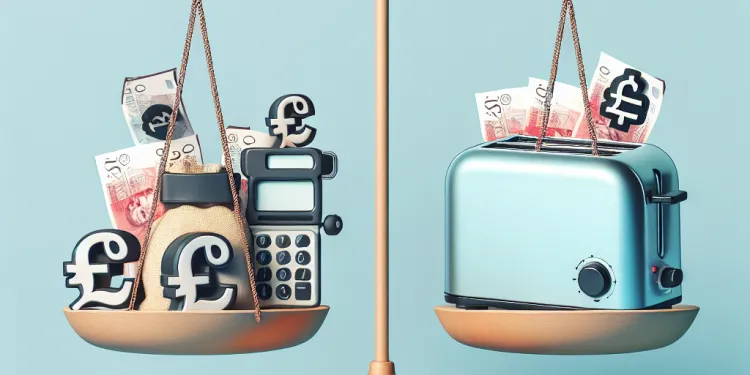
Are there any penalties for not complying with a product recall?
Relevance: 60%
-
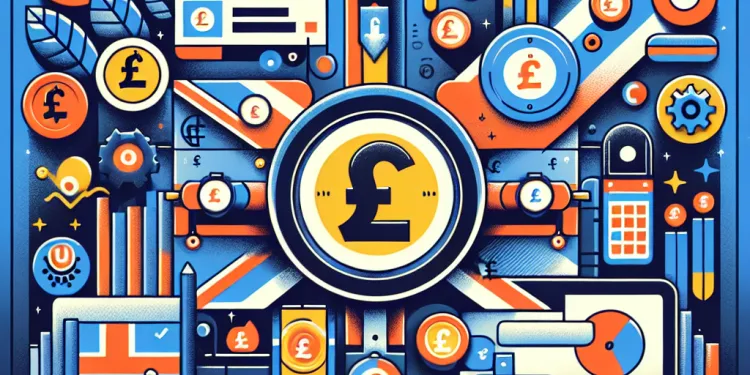
How are consumers informed about a product recall?
Relevance: 56%
-
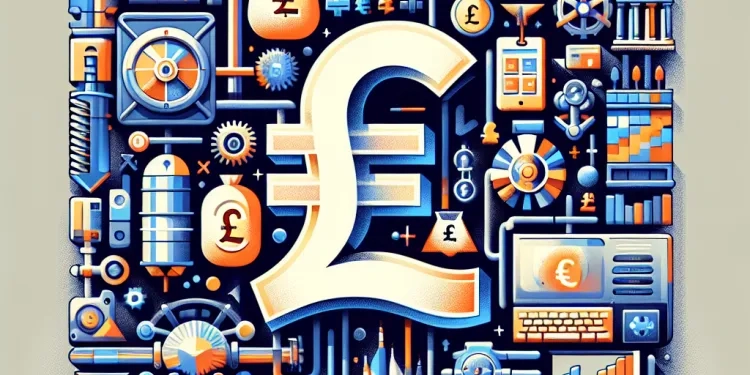
What is the role of the Office for Product Safety and Standards in a recall?
Relevance: 54%
-

What are the potential consequences for a company that fails to recall a dangerous product?
Relevance: 51%
-
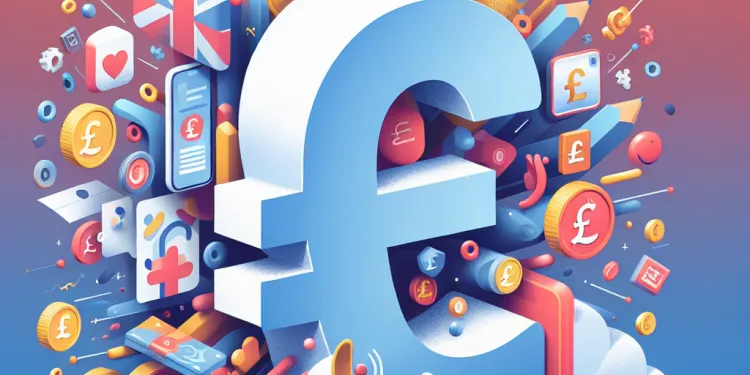
What is the difference between a product recall and a safety notice?
Relevance: 43%
-
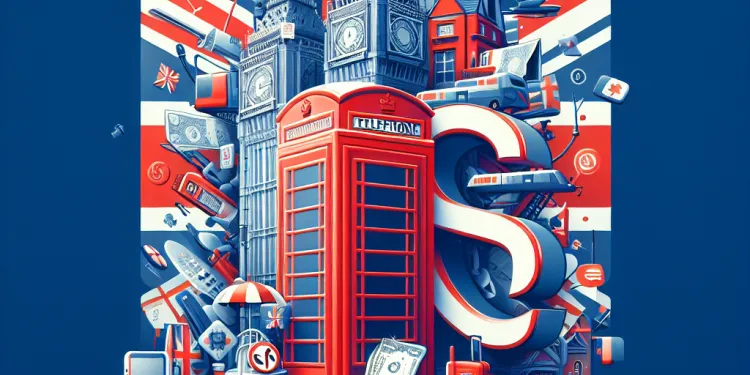
How often do product recalls occur?
Relevance: 43%
-

What types of products can be recalled?
Relevance: 43%
-
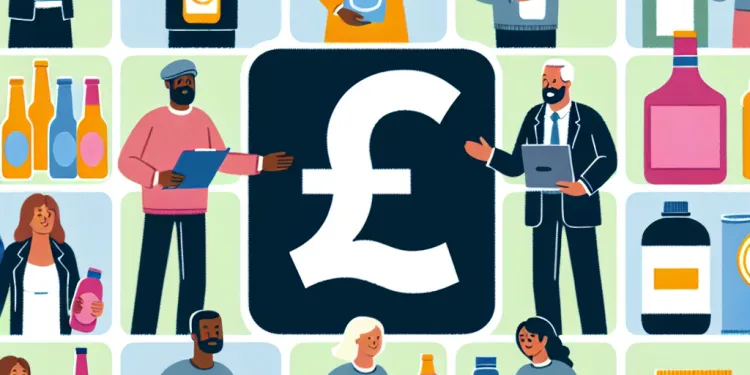
What role do consumers play in the recall process?
Relevance: 43%
-

What should I do if a product I own is recalled?
Relevance: 42%
-
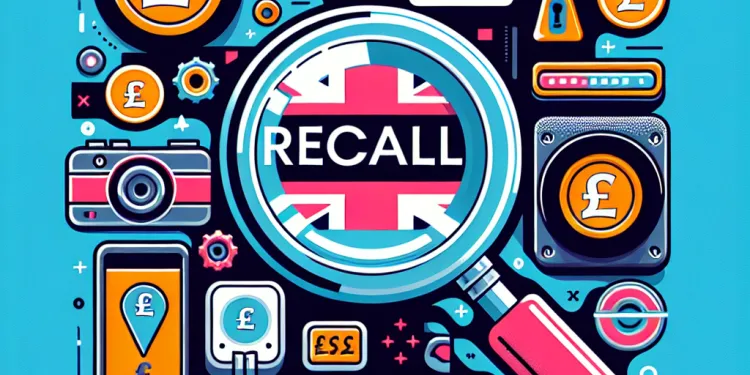
Which regulatory authority oversees product recalls in the UK?
Relevance: 41%
-
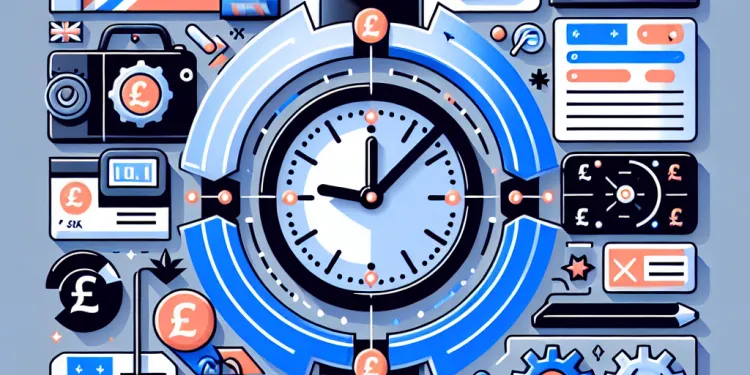
How long does a product recall usually last?
Relevance: 39%
-
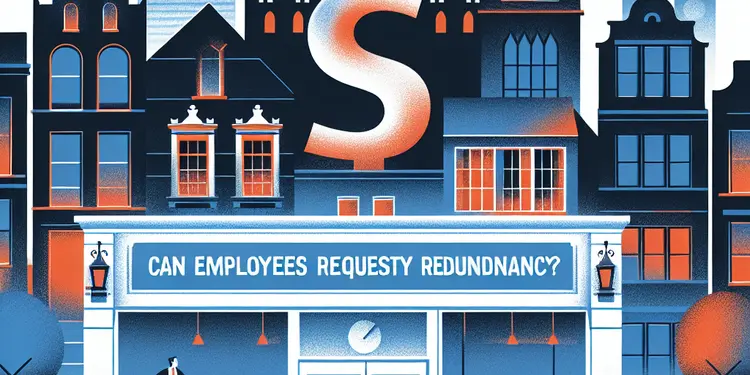
Can employees request voluntary redundancy?
Relevance: 38%
-
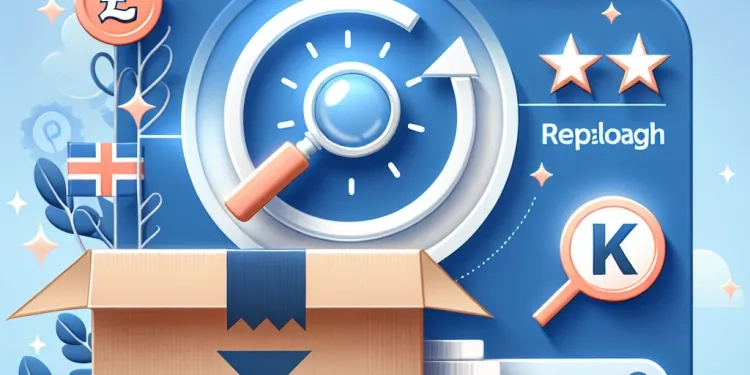
What is a product recall?
Relevance: 35%
-
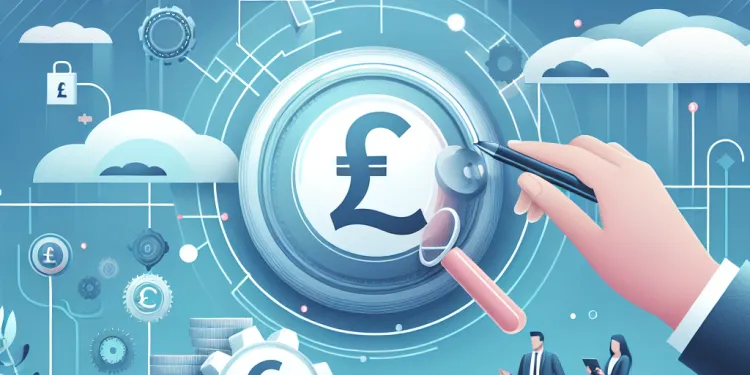
What should businesses do if they discover a product defect?
Relevance: 35%
-
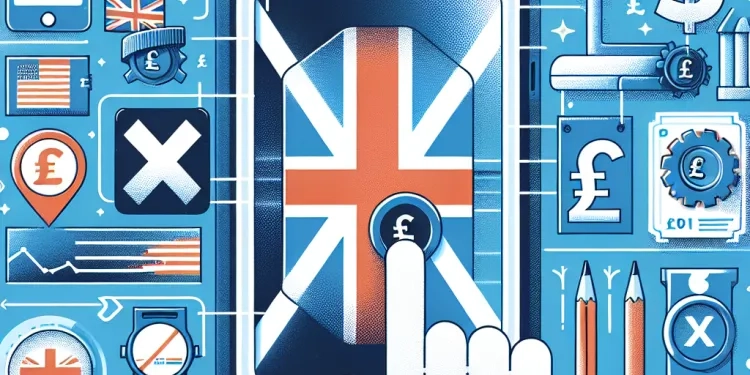
How does the recall process affect consumers?
Relevance: 27%
-
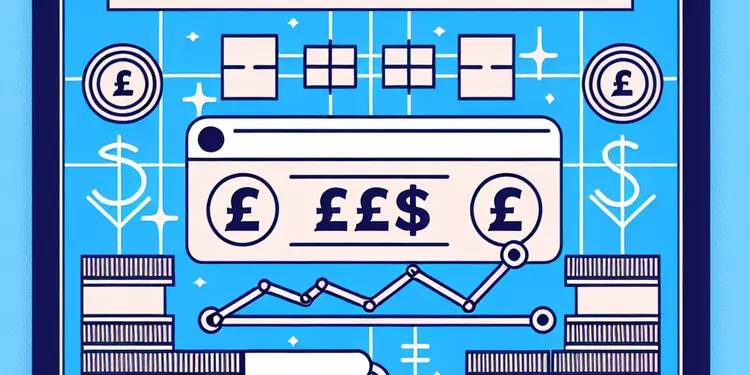
Is the production of ketamine regulated?
Relevance: 25%
-

Blood Product Transfusions
Relevance: 24%
-
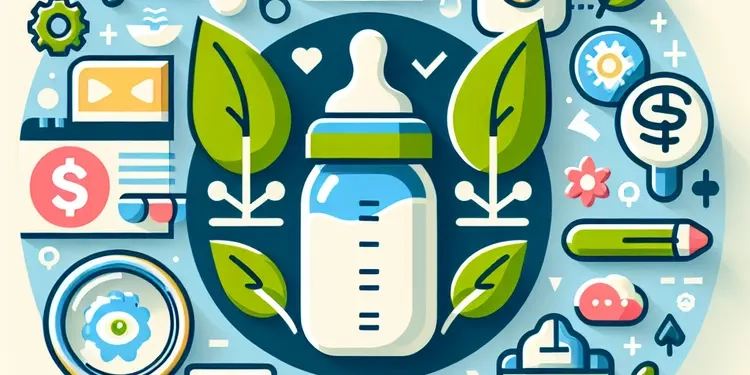
Where can I find information on contaminated baby formula?
Relevance: 24%
-

Can loneliness affect work productivity?
Relevance: 22%
-
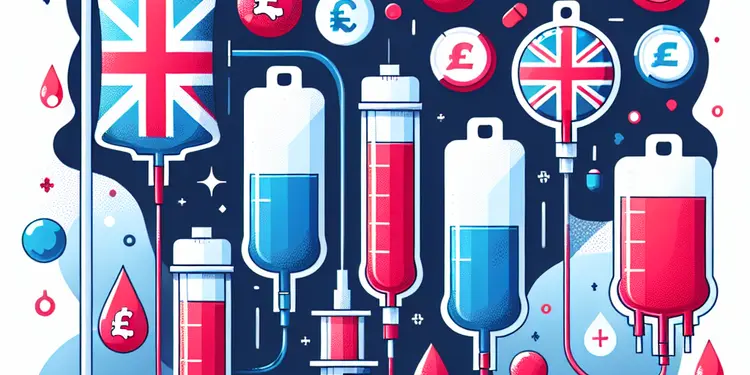
What types of blood products can be transfused?
Relevance: 22%
-
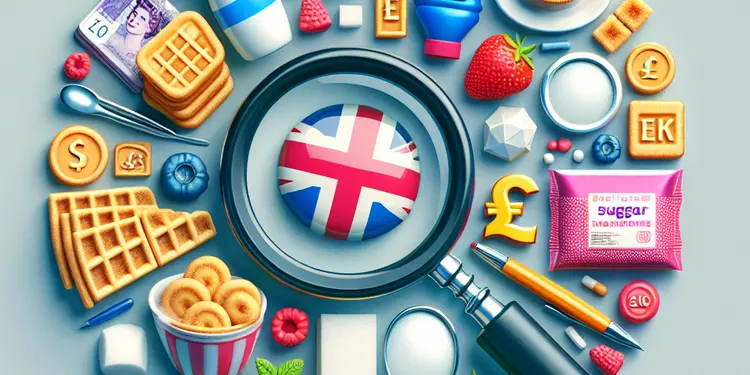
How do I determine how much sugar is in a product?
Relevance: 21%
-
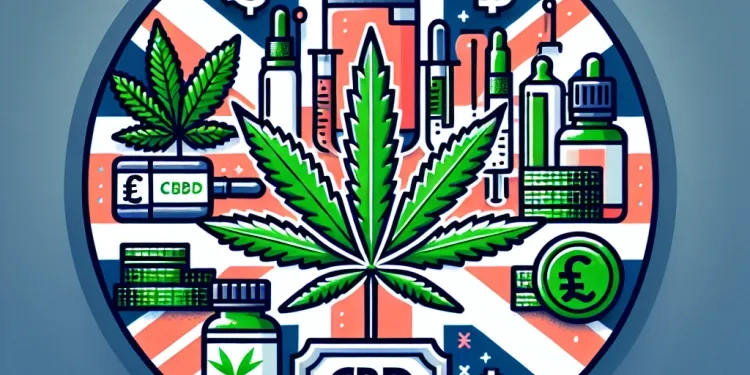
What should I look for when buying CBD products?
Relevance: 21%
-
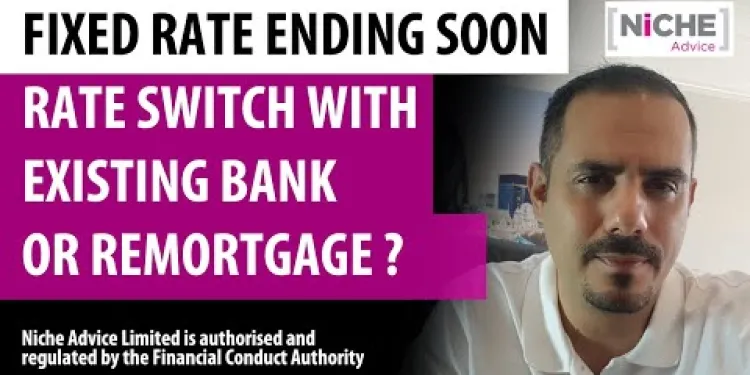
Product Transfer Rate Switch vs Remortgage What's Best
Relevance: 21%
-
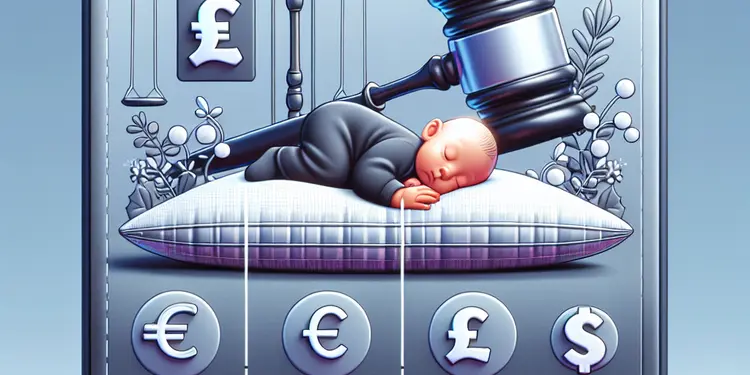
Are there any regulations on the sale of baby sleep pillows?
Relevance: 21%
-

Are all car finance products potentially subject to mis-selling?
Relevance: 20%
-

How can E. coli infections be prevented?
Relevance: 19%
-
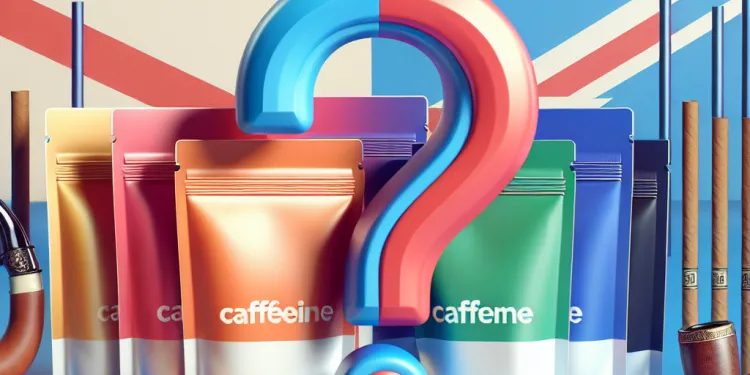
Are caffeine pouches a tobacco product?
Relevance: 19%
-
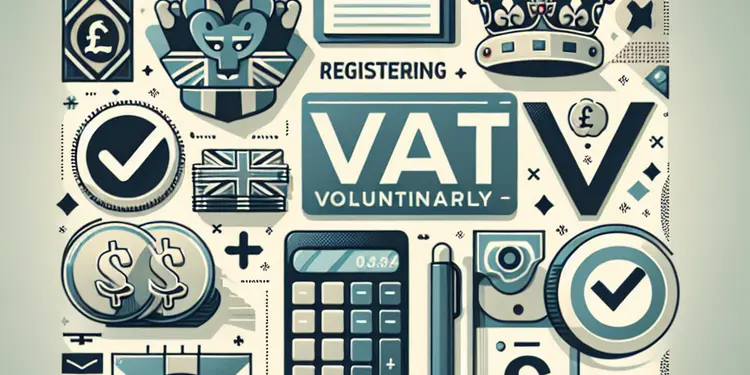
Can I register for VAT voluntarily?
Relevance: 17%
-

How do I know if my baby food is safe?
Relevance: 16%
-
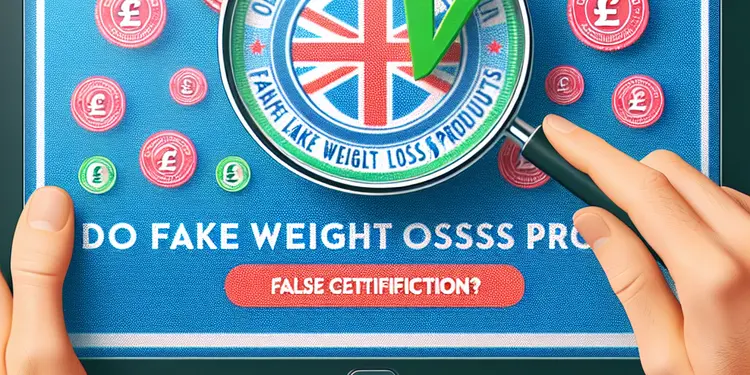
Do fake weight loss products often have false certifications?
Relevance: 15%
-
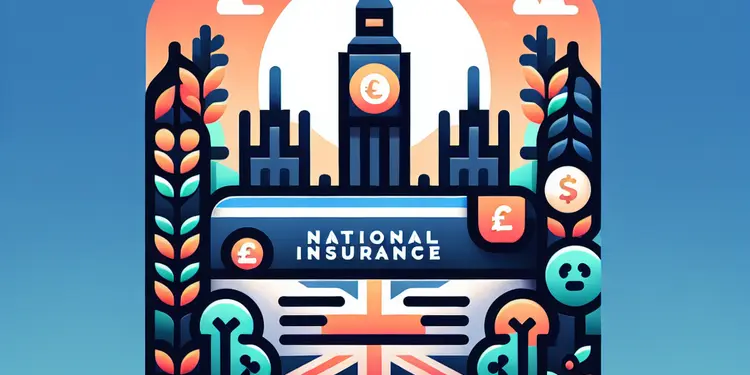
What if I have gaps in my National Insurance record?
Relevance: 15%
-
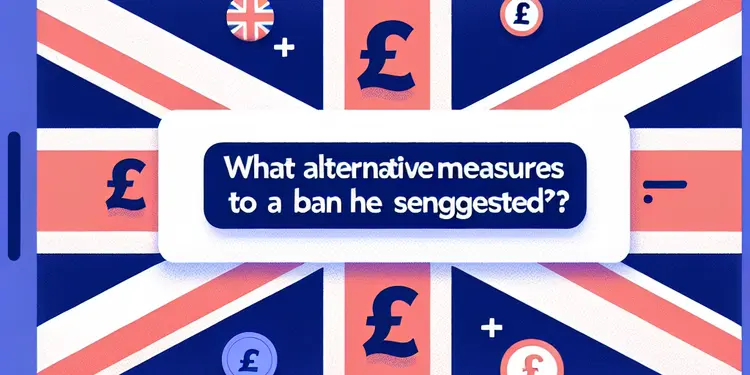
What alternative measures to a ban have been suggested?
Relevance: 15%
-
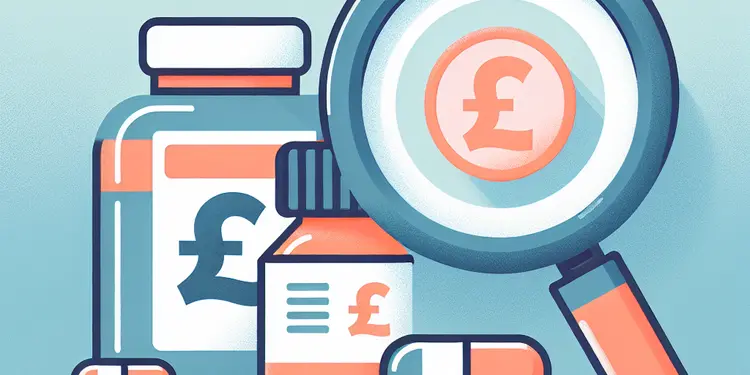
Is packaging important in identifying fake weight loss drugs?
Relevance: 13%
Understanding Product Recalls
Product recalls are processes undertaken to remove defective or potentially harmful products from the market. These recalls are crucial to ensure consumer safety, maintain brand reputation, and comply with regulatory standards. While many assume recalls are always mandated by government agencies, they can also be initiated voluntarily by manufacturers themselves.
The Concept of Voluntary Product Recalls
In the UK, voluntary product recalls occur when a manufacturer or supplier decides to recall a product without a direct order from a regulatory authority. This proactive approach can happen for several reasons, such as discovering a safety issue through internal quality checks, identifying potential risks from customer feedback, or after conducting a risk assessment based on emerging evidence. By initiating a recall voluntarily, companies aim to mitigate risks, demonstrate responsibility, and maintain consumer trust.
Regulatory Framework
The UK has strict regulations to ensure that products meet safety standards before reaching consumers. Agencies like the Office for Product Safety and Standards (OPSS) oversee these activities. While regulatory bodies can mandate recalls, many companies choose voluntary recalls to preempt regulatory action and avoid potential legal consequences and fines. The process for a voluntary recall involves informing the relevant authority and following a structured plan to notify consumers and provide remedies, such as refunds or replacements.
Benefits of Voluntary Recalls
Voluntary recalls have several benefits. For manufacturers, initiating a recall can demonstrate a commitment to consumer safety and quality assurance. This transparency can enhance brand loyalty and reduce reputational damage. Additionally, completing a voluntary recall promptly can minimize the financial impact associated with more extensive mandatory recalls or legal proceedings. For consumers, voluntary recalls signal that a company is attentive to product issues and takes immediate measures to rectify any problems.
Challenges and Considerations
Despite the advantages, voluntary recalls can still pose challenges. Communicating effectively with the public is crucial to ensure the recall reaches all affected consumers. Companies must also handle logistical aspects like product returns, refunds, and replacements efficiently. Furthermore, there is a financial burden associated with the recall process, which companies must be prepared to shoulder without immediate regulatory pressure. Timely coordination with regulatory bodies is also essential to ensure compliance with any legal requirements and to follow best practices for execution.
Conclusion
Voluntary product recalls are an important mechanism for maintaining consumer safety and trust in the UK market. They empower companies to address safety issues proactively and avoid potential regulatory actions. While challenging, the benefits of maintaining consumer confidence and protecting brand reputation usually outweigh the costs involved in executing a voluntary recall. Companies must stay vigilant and ready to act if safety concerns arise, emphasizing the importance of a comprehensive product safety monitoring system.
Understanding Product Recalls
Product recalls happen when a company takes back products that might be broken or unsafe. Recalls keep people safe, help the company’s image, and follow the rules. Sometimes, the government tells companies to do recalls. Other times, the company decides to do it on their own.
The Idea of Voluntary Product Recalls
In the UK, if a company decides to recall a product by choice, it’s called a voluntary recall. They might do this if they find a safety problem, learn about an issue from customers, or see a new risk. By choosing to recall a product, companies show they care about safety and want to keep their customers’ trust.
Rules and Regulations
In the UK, there are rules to make sure products are safe before people buy them. The Office for Product Safety and Standards (OPSS) watches over this. If companies see problems with their products, they might do a voluntary recall to avoid fines or problems with the law. They have to tell the authorities and follow steps to let customers know what to do, like asking for a refund or getting a new product.
Benefits of Voluntary Recalls
Voluntary recalls are good for companies. They show the company cares about safety and quality. This can help customers like the company more. Doing a recall quickly can save money and stop bigger problems later. For customers, it shows the company is fixing problems fast.
Challenges and Considerations
Voluntary recalls can be hard. Companies need to tell everyone who bought the product about the recall. They have to manage returning products, giving money back, or replacing items well. This can cost a lot of money, and companies need to be ready for this. Working with rules and laws is also important to make sure everything is done correctly.
Conclusion
Voluntary product recalls help keep people safe and trust companies in the UK. They let companies fix problems early and avoid bigger issues. Although it can be tough, keeping customers happy and protecting the brand is worth it. Companies need to be ready to act if they find safety problems, and having a good system to watch product safety is important.
Frequently Asked Questions
Can a product recall be voluntary?
Yes, a product recall can be voluntary. Manufacturers or distributors may initiate a recall to prevent harm to consumers or to comply with regulatory guidelines.
What triggers a voluntary product recall?
A voluntary product recall is typically triggered by the discovery of a safety issue or defect that could potentially harm consumers.
Who can initiate a voluntary product recall?
Manufacturers, distributors, or importers can initiate a voluntary product recall if they identify a safety issue with their product.
What is the process for a voluntary product recall?
The process usually involves identifying the problem, stopping sales, notifying the appropriate regulatory body, and communicating the recall to consumers.
Do voluntary recalls require regulatory approval?
Voluntary recalls do not require prior regulatory approval, but companies must notify regulatory authorities and typically coordinate the recall with them.
Can a regulatory body request a voluntary recall?
Yes, regulatory bodies can request companies to initiate a voluntary recall if they have identified issues with a product.
What are the benefits of a voluntary recall?
Voluntary recalls can help protect consumers, maintain brand reputation, and prevent potential legal issues.
How do companies communicate voluntary recalls to consumers?
Companies may use press releases, direct notifications, advertisements, and social media to inform consumers about a voluntary recall.
Is a voluntary recall an admission of fault?
While a voluntary recall acknowledges a product issue, it is not necessarily an admission of fault or liability.
Are there any legal obligations regarding voluntary recalls?
Companies have a legal obligation to ensure product safety and to notify consumers and regulators about any potential hazards.
How can consumers find out about voluntary recalls?
Consumers can find out about voluntary recalls through company announcements, regulatory websites, and media reports.
Can a company voluntarily recall a product without notifying the public?
A public notification is usually part of the voluntary recall process to ensure consumer safety and awareness.
What happens if a company does not issue a voluntary recall?
If a company does not issue a necessary voluntary recall, regulators may step in to enforce a mandatory recall.
Can a voluntary recall be converted into a mandatory recall?
If a voluntary recall is inadequate, regulators have the power to escalate it into a mandatory recall.
What role do regulators play in voluntary recalls?
Regulators oversee voluntary recalls to ensure they are conducted effectively and that public safety is prioritized.
Can voluntary recalls involve refunds or replacements?
Voluntary recalls can involve refunds, repairs, or replacements as remedies for consumers.
How long does a voluntary recall process typically take?
The duration of a voluntary recall process can vary depending on the product, the extent of the issue, and coordination efforts.
Do voluntary recalls apply to all product types?
Voluntary recalls can apply to a wide range of products, including food, pharmaceuticals, vehicles, and consumer goods.
What is the difference between a voluntary and a mandatory recall?
A voluntary recall is initiated by the company, while a mandatory recall is enforced by a regulatory authority.
Do voluntary recalls impact a company legally?
Voluntary recalls can limit legal liability and demonstrate a company's commitment to consumer safety, but they must be managed properly to avoid legal consequences.
Can a company decide on its own to take back a product?
Yes, a product recall can happen because someone chooses to do it. Companies might decide to take back a product to keep people safe or to follow the rules.
What makes a company take back a product?
A product recall happens when there is something wrong with a product that could hurt people. Companies take back the product to keep everyone safe.
Who can start a product recall?
Sometimes a product is not safe, and it needs to be taken back. This is called a "product recall." Here is who can start it:
- The company that made the product.
- A store that sells the product.
- The people who keep products safe, like safety groups.
If you find a product that is not safe, you can tell someone from these groups.
For extra help, you can ask someone you trust to help explain it to you. You can also use picture charts or read together with a friend.
If a company makes, sells, or brings a product into the country, they can choose to take it back if they find out it's not safe.
How do you take back a product people bought because there is a problem with it?
The steps include finding the problem, stopping sales, telling the right authorities, and letting people know about the recall.
Do you need permission for a voluntary recall?
When a company wants to take back a product, they don't need to get permission first. But they must tell the people in charge, like safety regulators. They usually work with these people to make sure the product is returned safely.
Can a group ask to send a product back?
Yes, important groups can ask companies to take back a product if there are problems with it.
Why is a voluntary recall good?
A voluntary recall is when a company takes a product back because it is not safe.
This is good because:
- It helps keep people safe.
- The company shows it cares about its customers.
- People can get their money back or a new product.
Here are some tools to help understand:
- Talk to someone you trust about the recall.
- Use pictures to help explain what is happening.
- Watch a short video about recalls.
Voluntary recalls can help keep people safe, make sure a brand stays popular, and stop any possible legal problems.
How do companies tell people about recalls?
Sometimes companies need to take a product back because it might not be safe or might not work the way it should. This is called a "recall". Companies have to tell people about these recalls to keep everyone safe.
Here are some simple ways companies can tell people about recalls:
- Letters or Emails: Companies can send messages to people who bought the product. They can use the mail or email.
- Website Notices: Companies can put information about the recall on their website.
- News: Companies can tell the news stations and newspapers, so they can let everyone know.
- Social Media: Companies can use places like Facebook or Twitter to spread the word quickly.
If you have trouble reading, you can ask someone to help explain recalls to you. You can also use tools like read-aloud apps or ask an adult to read it for you.
Companies can use different ways to tell people about taking a product back. They might send out press releases, tell people directly, make ads, or use social media.
If you want help understanding this, you can try using pictures or videos. You can also ask someone to read it with you.
Does a Voluntary Recall Mean Someone Made a Mistake?
When companies take back a product on purpose, it is called a "voluntary recall." It does not always mean they made a mistake. Sometimes, they just want to be extra safe.
Here are some ways to get help if the words are hard to understand:
- Use pictures or videos to explain what a recall is.
- Ask someone to read it with you and explain it.
- Break down big words into smaller parts you know.
Sometimes, companies take their products back when there is a problem. This is called a voluntary recall. It doesn’t mean they are saying they did something wrong.
Do companies have to follow any rules when they take back products on their own?
Companies must make sure their products are safe. If there are any dangers, they must tell people and let the right authorities know.
How can people find out about product recalls?
Sometimes, companies ask people to return a product because it might not be safe. This is called a "recall".
Here’s how you can find out about these recalls:
- Check the company’s website for announcements.
- Look at news websites to see if there’s any information.
- Sign up for alerts from consumer safety websites.
- Ask a friend or family member to help you find recall news.
- Use apps or tools on your phone that alert you about recalls.
These steps can help you stay safe and know if you need to send something back.
You can find out about recalls when a company tells people. You can also check websites that watch products. Sometimes, the news will talk about recalls, too.
Can a Company Take Back a Product Without Telling People?
A public notification is a message that tells people important information. It is often used when companies want to take back a product to keep everyone safe and informed.
What if a company doesn't take back a bad product?
If a company has a product that could be dangerous or faulty, they should take it back. This is called a recall. It helps keep people safe.
If they don't do this, someone else might make them do it. For example, a government group could step in.
To understand more, you can use tools like simple videos or ask someone to explain it to you in person.
If a company does not take back a product when they should, the government can make them do it.
Can a company be forced to take back a product?
Sometimes, a company takes back a product because it wants to. This is called a voluntary recall.
If it is very important for safety, the government can make the company take back the product. This is called a mandatory recall.
Here are some tips to help understand:
- Read slowly and take breaks if needed.
- Ask someone to explain it to you.
- Use a dictionary to look up hard words.
If a company does not do a good enough job recalling a product, the government can make it happen by force.
What do regulators do in voluntary recalls?
A regulator is a group that makes sure rules are followed.
When a company wants to recall a product, regulators help to make it safe.
They check how the recall happens and that it keeps people safe.
There are people called regulators. They watch over recalls. Recalls happen when things are sent back because they might not be safe. Regulators make sure recalls are done properly. They want to keep everyone safe.
Can you get your money back or a new one when there is a voluntary recall?
When a company wants to take back a product, it can do a few things to help you. They might give you your money back, fix what is wrong, or give you a new one.
How long does a voluntary recall usually take?
A voluntary recall means a company takes back a product. This is because there might be something wrong with it. A recall can take a few weeks or months. The time it takes can be different. It depends on how many products need to be recalled.
Here are some tools to help you:
- Use a calendar to track how long the recall takes.
- Ask someone you trust to help you understand each step.
The time it takes to complete a voluntary product recall can be different. It depends on the product, how big the problem is, and how well people work together on fixing it.
Do all products have voluntary recalls?
Sometimes, companies ask people to return products if there is a problem. This can happen with many things like food, medicine, cars, and other stuff we use.
What is the difference between a voluntary and a mandatory recall?
A recall is when a company takes back a product because it might not be safe.
A voluntary recall is when a company decides on its own to take back the product. They do this because they care about safety.
A mandatory recall is when the government tells the company that they must take back the product. This happens if the product is too dangerous.
To help understand more, try using pictures or videos about recalls. These can make things clearer.
A company starts a voluntary recall when they choose to take their product back. A mandatory recall happens when the government tells a company they must take their product back.
Do voluntary recalls affect a company legally?
A "voluntary recall" means a company decides to take back a product because it might be unsafe.
Here are some simple points to understand:
- Sometimes, a company finds out a product is not safe. They decide to take it back to protect people.
- This is called a "voluntary recall".
- Doing a recall means the company shows they care about safety.
- But, it also means the company might have to talk to the law to explain what went wrong.
- The company might need to fix problems so it does not happen again.
To help understand these ideas, you can:
- Ask someone to read with you and explain things.
- Use pictures or diagrams to see how a recall works.
- Watch videos that show why recalls are important.
When a company takes back a product on purpose, it can show they care about keeping people safe. It can also help them not get into legal trouble. But, they need to do it the right way so they don't face any legal problems.
Tip: Use pictures or simple charts to show steps and make it easier to understand.
Useful Links
This website offers general information and is not a substitute for professional advice.
Always seek guidance from qualified professionals.
If you have any medical concerns or need urgent help, contact a healthcare professional or emergency services immediately.
Some of this content was generated with AI assistance. We’ve done our best to keep it accurate, helpful, and human-friendly.
- Ergsy carfully checks the information in the videos we provide here.
- Videos shown by Youtube after a video has completed, have NOT been reviewed by ERGSY.
- To view, click the arrow in centre of video.
- Most of the videos you find here will have subtitles and/or closed captions available.
- You may need to turn these on, and choose your preferred language.
- Go to the video you'd like to watch.
- If closed captions (CC) are available, settings will be visible on the bottom right of the video player.
- To turn on Captions, click settings .
- To turn off Captions, click settings again.
More Items From Ergsy search
-

Can a product recall be voluntary?
Relevance: 100%
-

What is a Product Recall in the UK?
Relevance: 68%
-

Can product recalls be reversed?
Relevance: 65%
-

What are common reasons for product recalls?
Relevance: 62%
-

Can recalled products be resold?
Relevance: 61%
-

How are product recalls managed in the UK?
Relevance: 61%
-

Who can initiate a product recall in the UK?
Relevance: 60%
-

Are there any penalties for not complying with a product recall?
Relevance: 60%
-

How are consumers informed about a product recall?
Relevance: 56%
-

What is the role of the Office for Product Safety and Standards in a recall?
Relevance: 54%
-

What are the potential consequences for a company that fails to recall a dangerous product?
Relevance: 51%
-

What is the difference between a product recall and a safety notice?
Relevance: 43%
-

How often do product recalls occur?
Relevance: 43%
-

What types of products can be recalled?
Relevance: 43%
-

What role do consumers play in the recall process?
Relevance: 43%
-

What should I do if a product I own is recalled?
Relevance: 42%
-

Which regulatory authority oversees product recalls in the UK?
Relevance: 41%
-

How long does a product recall usually last?
Relevance: 39%
-

Can employees request voluntary redundancy?
Relevance: 38%
-

What is a product recall?
Relevance: 35%
-

What should businesses do if they discover a product defect?
Relevance: 35%
-

How does the recall process affect consumers?
Relevance: 27%
-

Is the production of ketamine regulated?
Relevance: 25%
-

Blood Product Transfusions
Relevance: 24%
-

Where can I find information on contaminated baby formula?
Relevance: 24%
-

Can loneliness affect work productivity?
Relevance: 22%
-

What types of blood products can be transfused?
Relevance: 22%
-

How do I determine how much sugar is in a product?
Relevance: 21%
-

What should I look for when buying CBD products?
Relevance: 21%
-

Product Transfer Rate Switch vs Remortgage What's Best
Relevance: 21%
-

Are there any regulations on the sale of baby sleep pillows?
Relevance: 21%
-

Are all car finance products potentially subject to mis-selling?
Relevance: 20%
-

How can E. coli infections be prevented?
Relevance: 19%
-

Are caffeine pouches a tobacco product?
Relevance: 19%
-

Can I register for VAT voluntarily?
Relevance: 17%
-

How do I know if my baby food is safe?
Relevance: 16%
-

Do fake weight loss products often have false certifications?
Relevance: 15%
-

What if I have gaps in my National Insurance record?
Relevance: 15%
-

What alternative measures to a ban have been suggested?
Relevance: 15%
-

Is packaging important in identifying fake weight loss drugs?
Relevance: 13%


